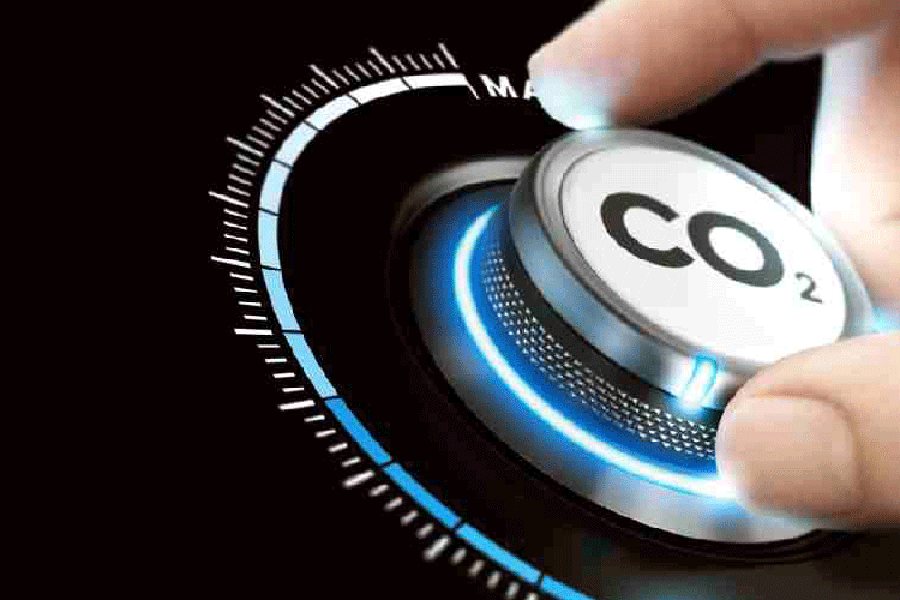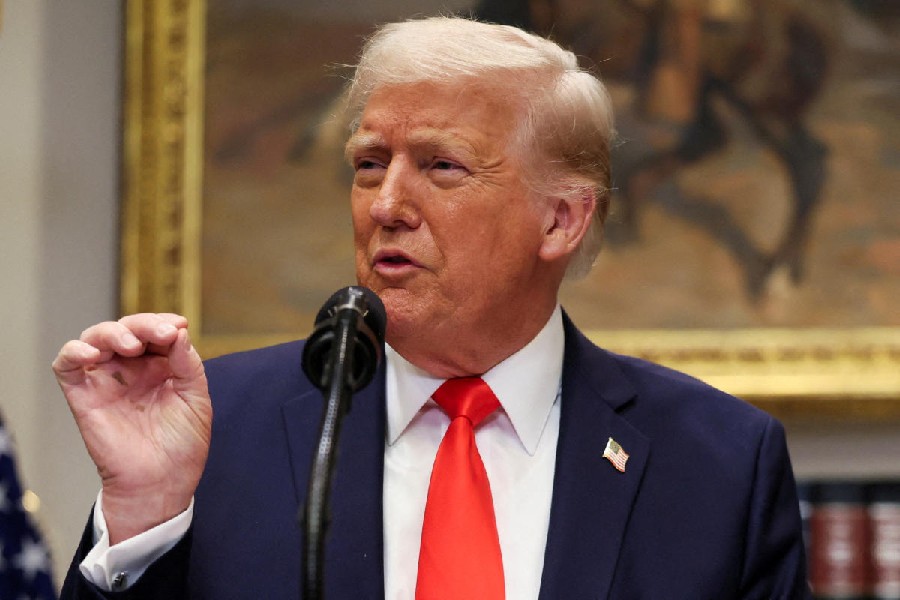European Union's climate policy chief Frans Timmermans on Friday said the bloc's proposed carbon tax will not have any negative effect on its trade relationship with India and that it would do nothing that is in violation of World Trade Organisation (WTO) rules.
The 27-nation EU plans to implement a carbon import tax of 25 to 30 per cent on high carbon goods such as steel, cement, aluminum, iron, fertilisers, electricity and hydrogen. This has led to concerns about the impact on developing nations heavily reliant on carbon-intensive industries.
The Carbon Border Adjustment Mechanism (CBAM), expected to be introduced in its transitional phase from October, is part of the EU's larger climate strategy which focuses on incentivising member countries to reduce their carbon emissions and adopt greener practices.
"If India fulfills all its ambitions in terms of greening the economy and reducing the carbon footprint and creating comparable footprints to the EU, there is no worry that CBAM will have a negative effect on our trade relationship," Timmermans, who is on a two-day crucial diplomatic mission to India to discuss developments on emission reductions and clean energy transition ahead of COP28 in Dubai later this year, said at a press briefing here.
According to media reports, India is likely to challenge the EU's proposed carbon tax at the WTO.
Timmermans said one of the reasons why India is considering emissions trading systems is to avoid getting hit by the EU's CBAM.
CBAM has only one goal and that is to avoid carbon leakage, the executive vice president of the European Commission said.
Carbon leakage can arise when producers shift base to jurisdictions with less stringent climate policies.
"And if India makes progress, as it is doing now, into the direction of having a carbon footprint that is comparable to that of EU producers, then India will be under CBAM, but it will not face any penalties. It is the comparability of carbon footprint that counts," Timmermans said.
"Secondly, we will have this trial period (October 2023 to December 2025) that will allow us to see whether there are undesired effects, then we can correct it... And we will be in very close contact with India to see what the effects are," he said, adding it was too early to worry about the impact of penalties on Indian businesses.
Timmermans suggested using the India-EU Trade and Technology Council to have a constant dialogue on this issue.
The EU's does not intend to create a situation that would be perceived as protectionist and it will do nothing that will be violation of the WTO rules, the executive vice president of the European Commission added.
Asked whether the EU and India will take forward the proposal to phase-down all fossil fuels at COP28, Timmermans said parties should focus on the reduction of all unabated fossil fuels.
"It is not our intention to single out coal. Our intention is to address all fossil fuels. Obviously, some are more polluted than the others, and some are already phasing out in some parts of the world... So, to reach consensus, the best place is what India has proposed -- target all unabated fossil fuels," he said.
If it's a struggle for us at the level of development we are in the EU, certainly it's a struggle for countries like India. But at the end of the day, we will have to reduce our carbon footprint.
Timmermans said the Global Stocktake (GST) is expected to reemphasize and tell that the world is not on track to limit global warming to 1.5 degrees Celsius as compared pre-industrial (1850-90) levels. "We need conversation on how we get on target. The only way to do this is reducing emissions," he said.
GST is a process for countries and stakeholders to see where they're collectively making progress towards meeting the Paris Agreement of limiting global warming to 1.5 degrees Celsius above pre-industrial levels and where they're not.
It takes place every five years, with the first-ever stocktake scheduled to conclude at the UN Climate Change Conference (COP28) at the end of this year.
At COP28, the EU climate envoy said, he expects some progress on loss and damage and reforming international financial architecture in which India plays a major role.
Except for the headline, this story has not been edited by The Telegraph Online staff and has been published from a syndicated feed.











